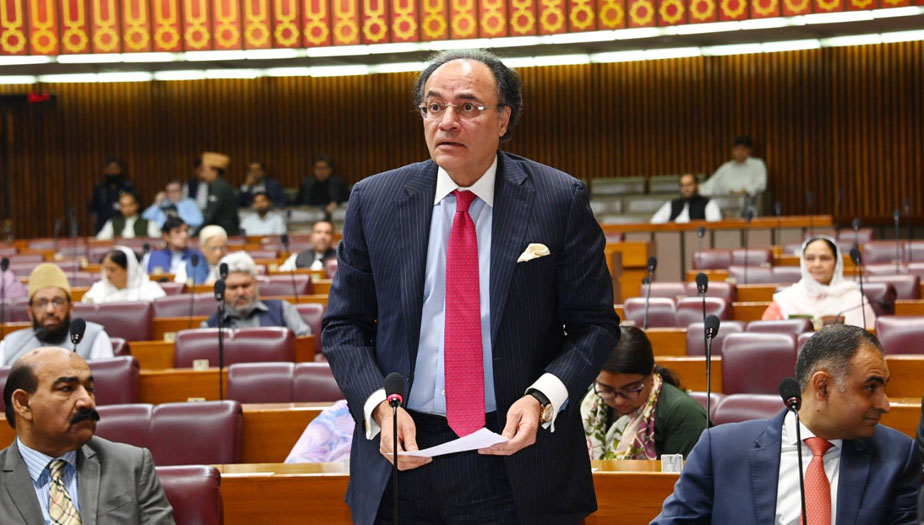In a major relief for the salaried class, Finance Minister Muhammad Aurangzeb announced a significant reduction in income tax rates for individuals earning up to Rs1.2 million annually. The tax rate will now drop from 5% to just 1%, a move directed by Prime Minister Shehbaz Sharif to alleviate financial burdens amid rising inflation. Aurangzeb stated that this decision, already part of the proposed FY26 budget, aims to increase disposable income and strengthen trust in the taxation system.
The Rs17.57 trillion budget for FY26 includes sweeping tax reductions for higher income groups as well. Those earning up to Rs2.2 million will see their tax rate fall from 15% to 11%, while individuals making between Rs2.2 million and Rs3.2 million will benefit from a reduction from 25% to 23%. Additionally, the government has proposed a 1% cut in surcharges for professionals earning over Rs1 million, a measure intended to slow brain drain by retaining skilled workers who might otherwise leave due to high taxes.
During his Senate address, Aurangzeb highlighted other key budget measures, including a reduction in solar panel taxes from 18% to 10% to promote local industry. He also warned against hoarding and artificial price hikes of imported solar panels, stating that strict action would be taken against violators. The minister emphasized fiscal discipline, noting that federal expenditures had risen by only 1.9%—a sharp contrast to previous years, where increases reached 12%.
The government has set an ambitious tax collection target of Rs14,131 billion for the Federal Board of Revenue (FBR), marking an 18.7% increase from the previous year. Provincial shares in federal taxes are projected at Rs8,206 billion, while non-tax revenue is expected to reach Rs5,147 billion. With estimated net federal income at Rs11,072 billion and total expenditures at Rs17,573 billion—including Rs8,207 billion for mark-up payments—the budget reflects a balance between relief measures and economic stabilization efforts.














